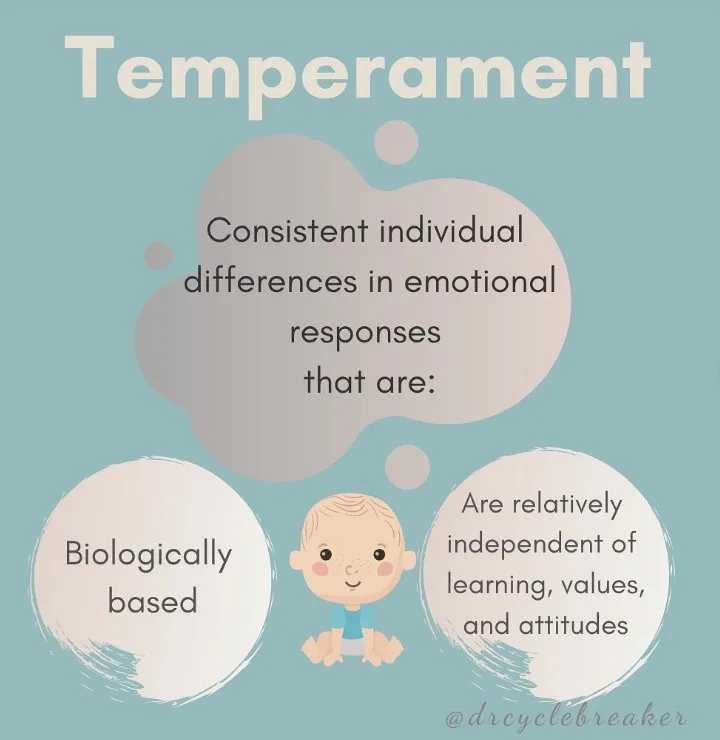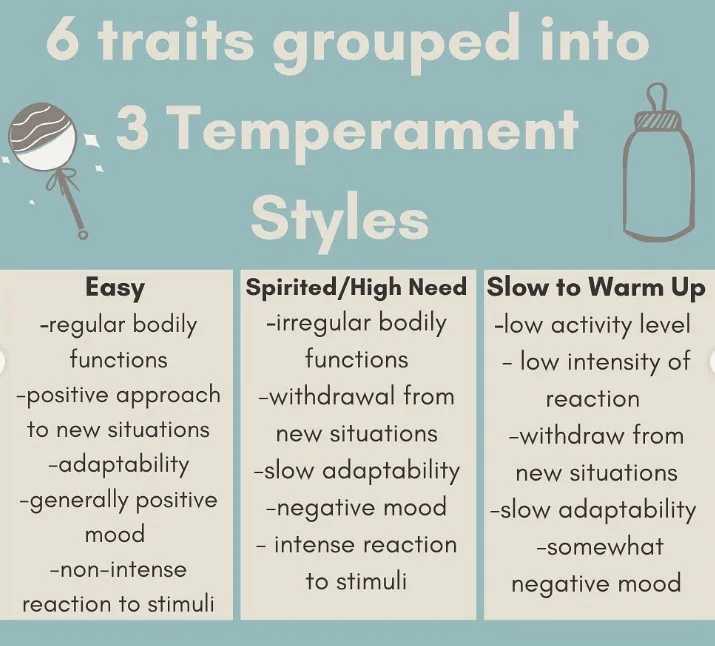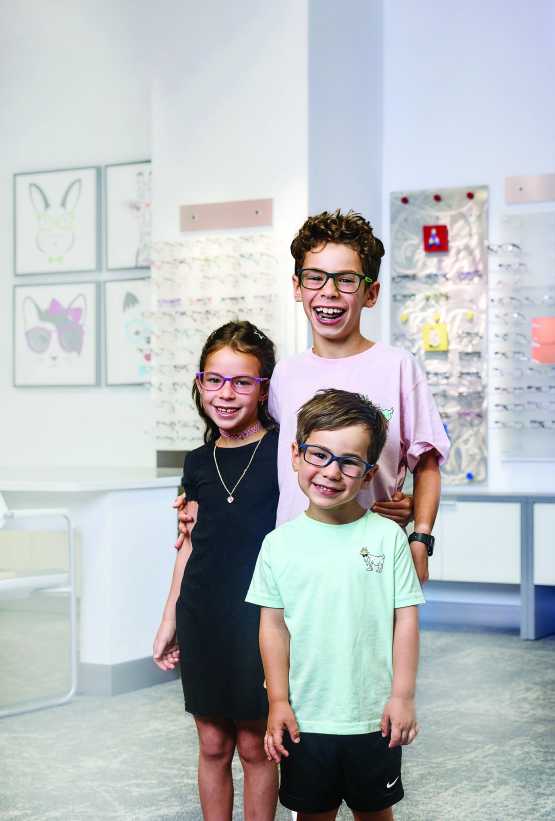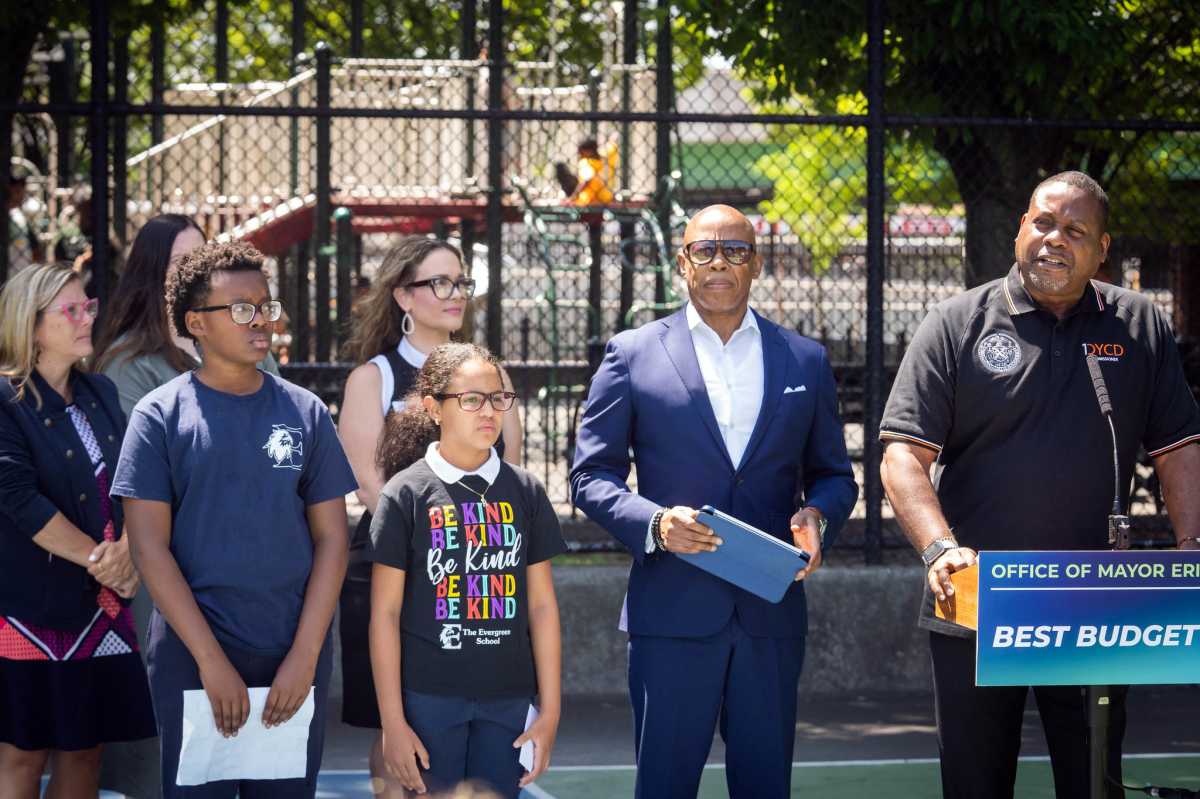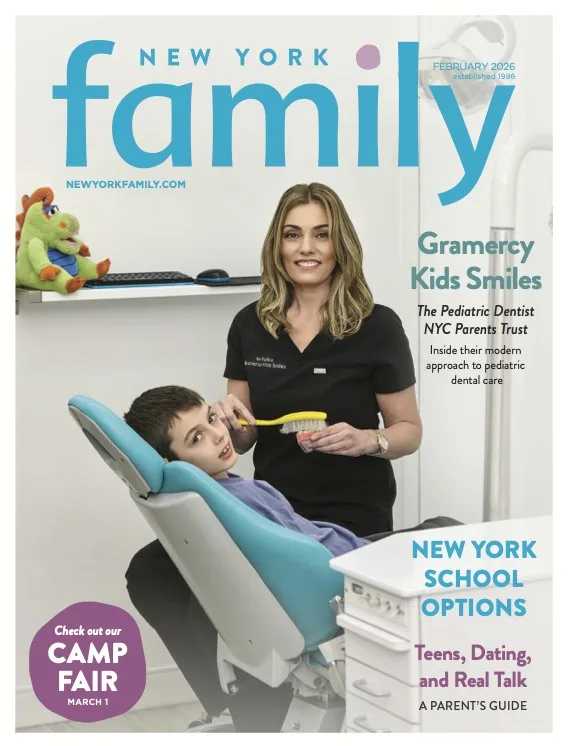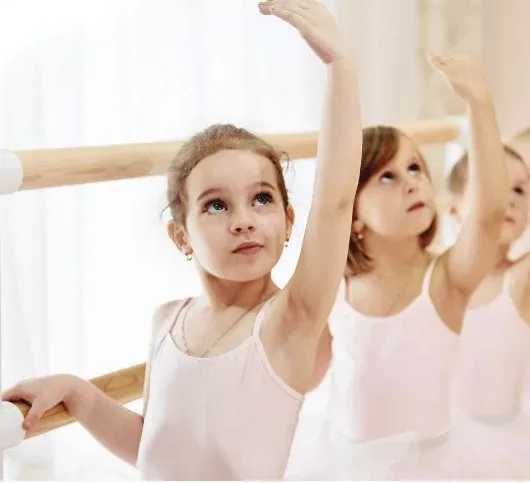
How to Choose the Right After-School Program for Your Child’s Personality
Veteran parents know that the back-to-school hustle isn’t solely about academics. After-school activities can be just as stressful to navigate. Sports, dance, art, STEM clubs…the options are endless, and figuring out which ones will truly suit your child can feel overwhelming. How do you know what will click with their personality? And when is it better to gently encourage them to try something new versus letting them enjoy some downtime?
We spoke with Dr. Irina Gorelik, Psy.D., a licensed psychologist and parent coach based in Brooklyn, to get her take on the subject.
Dr. Gorelik shares practical, developmentally informed tips for matching kids with after-school programs that help them thrive, whether they’re shy, high-energy, creative, or just need some unstructured time.
Psst… Check Out Make Homeschooling and Homework Easier: 6 Practical Tips for a Positive Learning Space at Home
How can parents tell what kind of after-school program will click with their kid’s personality?
Before considering personality, it is essential to ask yourself if the child is ready developmentally. Under age three, kids are usually not yet developmentally ready for structured activities and can benefit more from programs such as Mommy-and-Me or exploratory/sensory programs that are open-ended. Once a child is enrolled in school, considering some personality/temperament-based factors can be helpful to see what may be a good fit.
First, it is important to observe your child. Do they gravitate towards active movement (ball play, running, dancing, music) or quiet focusing? Do they prefer solo exploration or enjoy the energy of being in a group? Do they thrive in predictable play (gravitate towards the same types of play) or lean towards novel things?
The answers to these questions may help you decide if the child would thrive more in open-ended or structured activities, or high-energy vs. calm. If you are not sure, that is okay! If you have some activities in mind, you can observe a few different types of classes with your child. Look to see if your child wants to join or looks overstimulated and hesitant. Of course, with some temperaments, there may be initial hesitation.
If your child is shy or tends to shy away from social situations, what kinds of after-school programs can help them build confidence without feeling overwhelmed?
For children who are more on the quiet side, or temperament-wise on the slower-to-warm-up side, it may be tempting to expose them to as much socialization as possible for practice. While there are ways in which practice can be helpful and necessary, throwing a child like this into many high-energy activities can backfire. These children often need a gradual approach, such as low-pressure settings that are somewhat open-ended, where kids can go at their own pace.
Another consideration is whether the class/activity and instructor help kids focus on their growth and development, and process-based learning, vs. one based solely on competition and winning/losing.
Things to look out for:
- Small groups of 6-10 kids
- A consistent instructor whom the child can get used to
- Less focus on audiences and performances early on
- Permission to observe one or two classes before deciding to join
- Routine of what to expect in the class
Depending on the child’s interests, this might be a class with open-ended projects or crafts, such as art or pottery, and music groups. If you are looking for an activity with movement, consider yoga for kids, martial arts (a class focused on self-improvement and growth-based mindset, less on competition), small group swim lessons, and improv-based classes in movement, dance, or drama.
What after-school options work best for high-energy kids or those with trouble sitting still?
For high-energy kids, it is helpful to look for a program that allows them to channel that energy in a purposeful way that they can also enjoy! The choices often are between more structured programs vs. less structured programs, and each can have benefits depending on what you are looking for and the child’s personality.
It is also important to meet the coach to ensure that you align with their style. Coaches who help kids build confidence by focusing on their individual growth can be significant in keeping kids engaged and building their confidence in the skills.
Examples of more open-ended high-energy programs:
- Parkour
- Obstacle courses
- Nature programs
For more skill-building and structured classes:
- Sport-based extracurriculars
- Martial arts: discipline/focus and high movement
For creative or artsy kids who don’t always love rules or structure, how can parents find programs that keep them engaged without stifling their imagination?
For kids who don’t always do well with structure but are creative, it may be helpful to find programs and activities that are more open-ended.
These programs have guidance, but the child has a sense of agency over the finished product. When observing such programs, it may be helpful to notice if the instructor can help children focus more on process and curiosity versus “doing a good job” or completing the task accurately.
Some ideas:
- Maker spaces
- Pottery/clay building
- Open studio art
- Sensory play programs
- Drama/movement studios with a focus on improv
And what if your kid just flat-out doesn’t want to do any after-school activities? How do you know when to encourage them to try something new and when to give them downtime?
This is a great question! There is a lot of pressure to fill a schedule and keep kids occupied, especially if the child’s peer group is busy after school, Monday through Friday. There is also often the added pressure of social media and parent influencers, where it usually seems that kids are always involved in soccer practice, dance, and every other imaginable activity, which can add to parental guilt of feeling that you are not doing enough. To relieve some of that pressure from a psychological and developmental perspective, I say that often, less is more when it comes to after-school activities.
While everyone’s circumstances, capacity, and schedules are unique, children do not always need to be occupied, and free time is critical to development across the board, especially for younger children. Downtime offers time to build creativity through independent play, builds autonomy and decision-making skills, and can help with self-regulation, as it offers time for quiet play.
Some things to consider when deciding between allowing more downtime and a gentle push include energy levels when getting home, interest levels, access to socialization, and level of physical activity.
Suppose a child shows interest in a particular activity or topic, does not have many days of the week when they are busy after school, is a bit socially isolated, and has not had experience with specific activities yet. In that case, it might be appropriate to give the gentle push.
A few things that might help:
- Offer to observe first or check it out together
- Try one-time activities, such as workshops or drop-in sessions, to gauge interest and fit
- Present it as “giving it a try” rather than a long-term commitment
Psst… Check Out How to Reset Your Child’s Sleep Schedule for Back-to-School: Tips for Better Sleep

